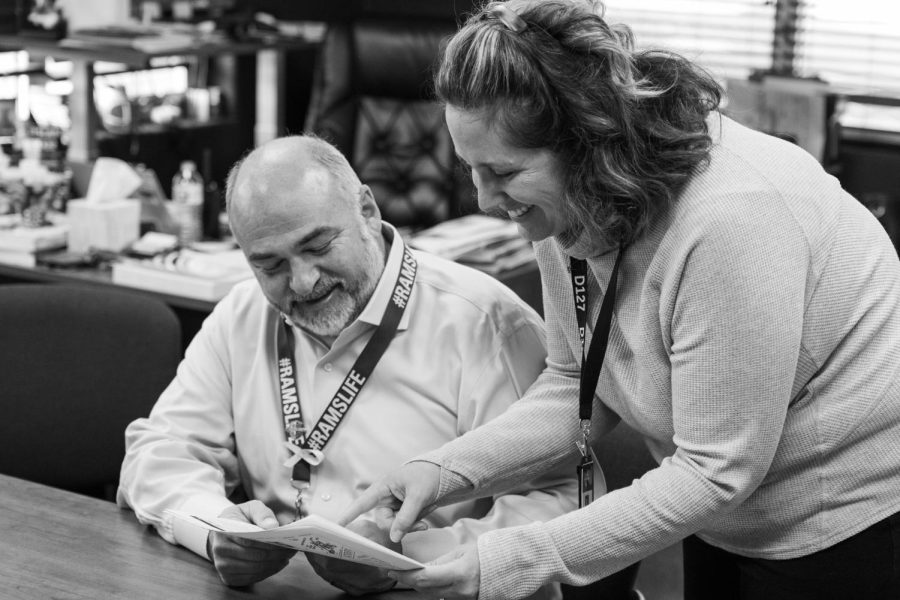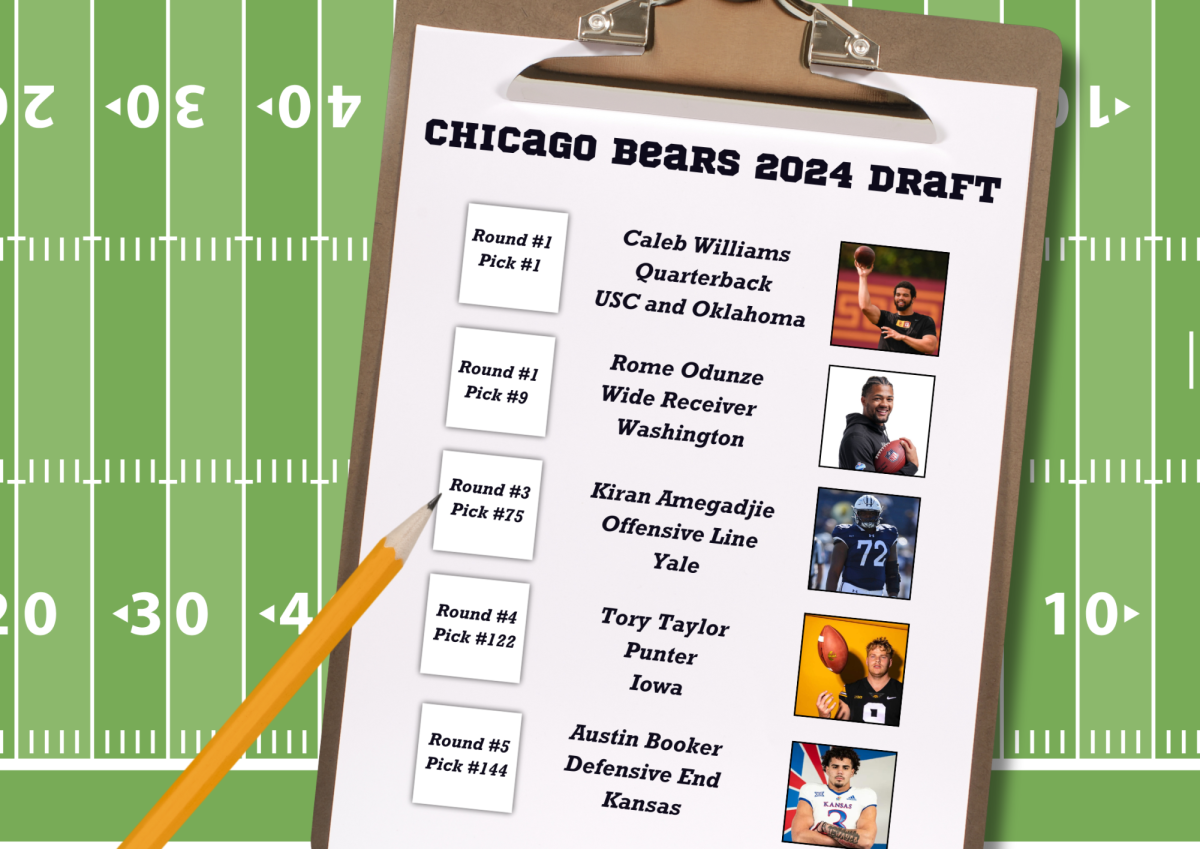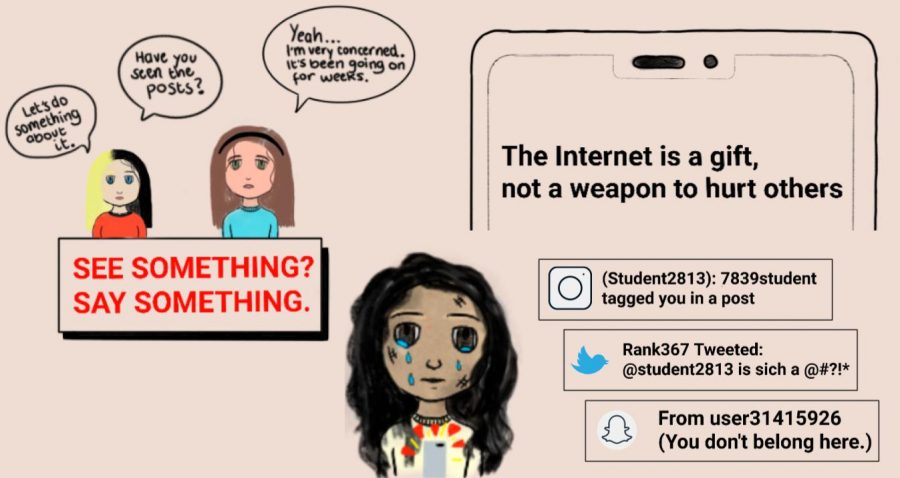Eating disorders carry dangers
What to know about these mental illnesses–they’re more common than one might think.
March 15, 2019
Eating disorders are a mental illness characterized by abnormal eating habits. They are associated with serious physical problems that have life-threatening consequences, but an essential thing to know about them is that they stem from the mind. Eating disorders have the highest mortality rate of any mental illness, and according to the National Association of Anorexia Nervosa and Associated Disorders (ANAD), 30 million people at minimum of all ages and genders, suffer from an eating disorder in the US alone.
These disorders are far more likely than one might imagine, and it’s likely that everyone will encounter someone in their lifetime who is suffering from one. Due to how well known these types of sicknesses are, it’s crucial to be educated on eating disorders and the damage that they cause.
ANAD posted, as part of their eating disorder statistics, that “0.9% of American women suffer from anorexia in their lifetime.” The percentage is even greater when including other eating disorders, and the many nearly-clinical cases. To put that into perspective, less than 0.5% of Americans are actively a part of the military.
That’s about 1,489,101 women diagnosed with anorexia in their lifetime, only in America.
It’s estimated, however, that currently 8 million people in America have an eating disorder. Whether it’s anorexia, bulimia, binge eating, anything, it’s still very dangerous and at many times fatal.
According to ANAD, 20% of people who suffer from anorexia will die from it. 1 in 5 deaths of victims of anorexia are by suicide. In addition, 6% of serious cases of bulimia result in death, and 50% of people with the devastating illness reported being cured.
“Every 62 minutes at least one person dies as a direct result from an eating disorder.” (ANAD).
“I think it’s really important that kids are educated about it because I think we know… the basic ideas… we know what anorexia is, we might know what bulimia is, but we don’t understand what causes people to have it.” said health teacher, Jeanna Beerbower.
Beerbower mentioned that many kids are going to encounter someone that has some sort of eating disorder in their lives, so it’s vital that they really know what they are. “A lot of times, food is the only thing they can control… that’s why they choose not to eat it… that’s very hard to understand, but when you have chaos going on around you, sometimes the one thing that you can control is what you put in your body.”
Beerbower also pointed out the importance of understanding that although the majority of people who suffer from eating disorders are women, men can have eating disorders too. It’s critical to know that these illnesses do not favor one gender compared to another.
“Eating disorders do not discriminate. Gender, age, sexuality, and race mean nothing. These illnesses are not reserved for troubled teenage girls who want to look like models, they are serious illnesses with devastating consequences,” said Catherine Pawley, a recovering anorexic and Chemistry student and the University of Warwick.
Pawley did a TEDx Talk about her experience with anorexia. She was diagnosed in early 2012, and has been through various treatments to get to become the healthy woman she is now. She said that the illness was a coping mechanism for everything she couldn’t control in her life, and emphasized that eating disorders are not a choice.
“I knew that I couldn’t live like this, but I couldn’t eat, I couldn’t gain weight, because that would mean losing control, and that was the strongest rule of all,” said Pawley.
Pawley describes her anorexia as a chapter in her life, but not the whole book. Like all other mental illnesses, they aren’t something that characterizes them as less than or diminishes their worth; they’re something to deal with and adapt to. However, Pawley also indicated that eating disorders aren’t just about food and weight, they’re an addiction that involves harming oneself.
Eating disorders are not easily resolved. If you believe that you or someone you know are suffering from an eating disorder, tell a trusted adult or a friend, use the suicide hotline [1-800-273-8255] or the eating disorder hotline [1-800-931-2237], and don’t shy away from getting help.





































